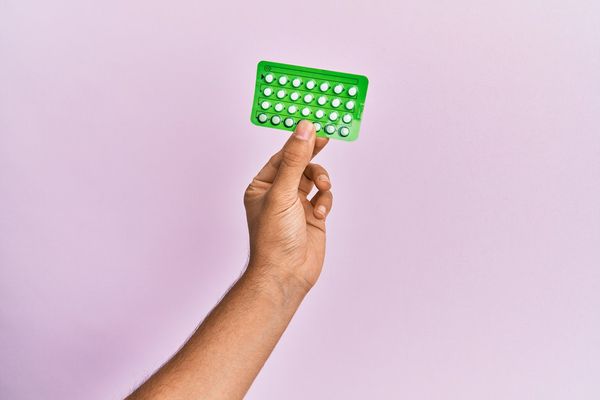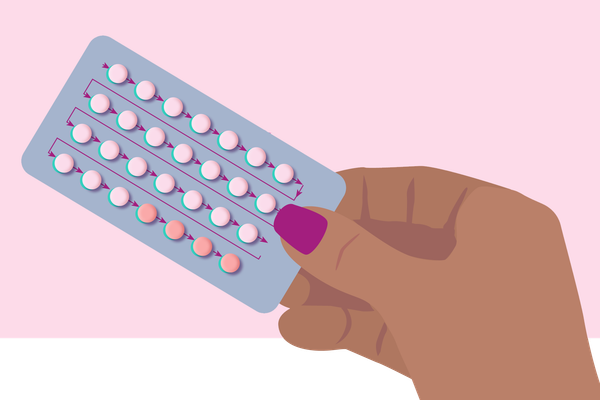Many women I speak to are surprised to learn that they can take birth control pills in their 40s and early 50s, as long as their health care provider says there's no reason not to.
Many women who are in perimenopause—that time when there are a lot of menstrual irregularities and possibly the start of hot flashes, night sweats and vaginal dryness—will benefit from taking a low-dose birth control pill to help with their symptoms, as well as to provide contraception.
Fertility after 40
While fertility rates do decline after 40, if a woman is still having her period—even if it's irregular—she can become pregnant. Contraception is advised if a woman does not want to become pregnant.
Benefits of taking the pill after age 40
- More predictable menstrual cycles
- Less bleeding
- Reduced risk of anemia from heavy periods that are common after 40
- Reduced risk of ovarian and uterine cancer
- Reduction in hot flashes and night sweats
- Helps maintain bone health
- May improve libido
- May improve adult acne
Read more about the transition to menopause.
Who shouldn't take the pill
- Women who are over 35 and smoke
- Women who have migraines with visual disturbances
- Women with a history of blood clots
- Women with any history of estrogen-dependent cancers
- Women with uncontrolled high blood pressure, heart disease or diabetes
When should women stop taking the pill?
Every woman is different, and it's recommended that you speak to your own health care provider about what's best for you. As long as there are no symptoms or conditions that make it inadvisable, women can continue the pill until age 55.
This blog originally appeared on Nurse Barb's Daily Dose. Barb Dehn is a women's health nurse practitioner, award-winning author and nationally recognized health expert. She practices with Women Physicians in the Silicon Valley of California.






